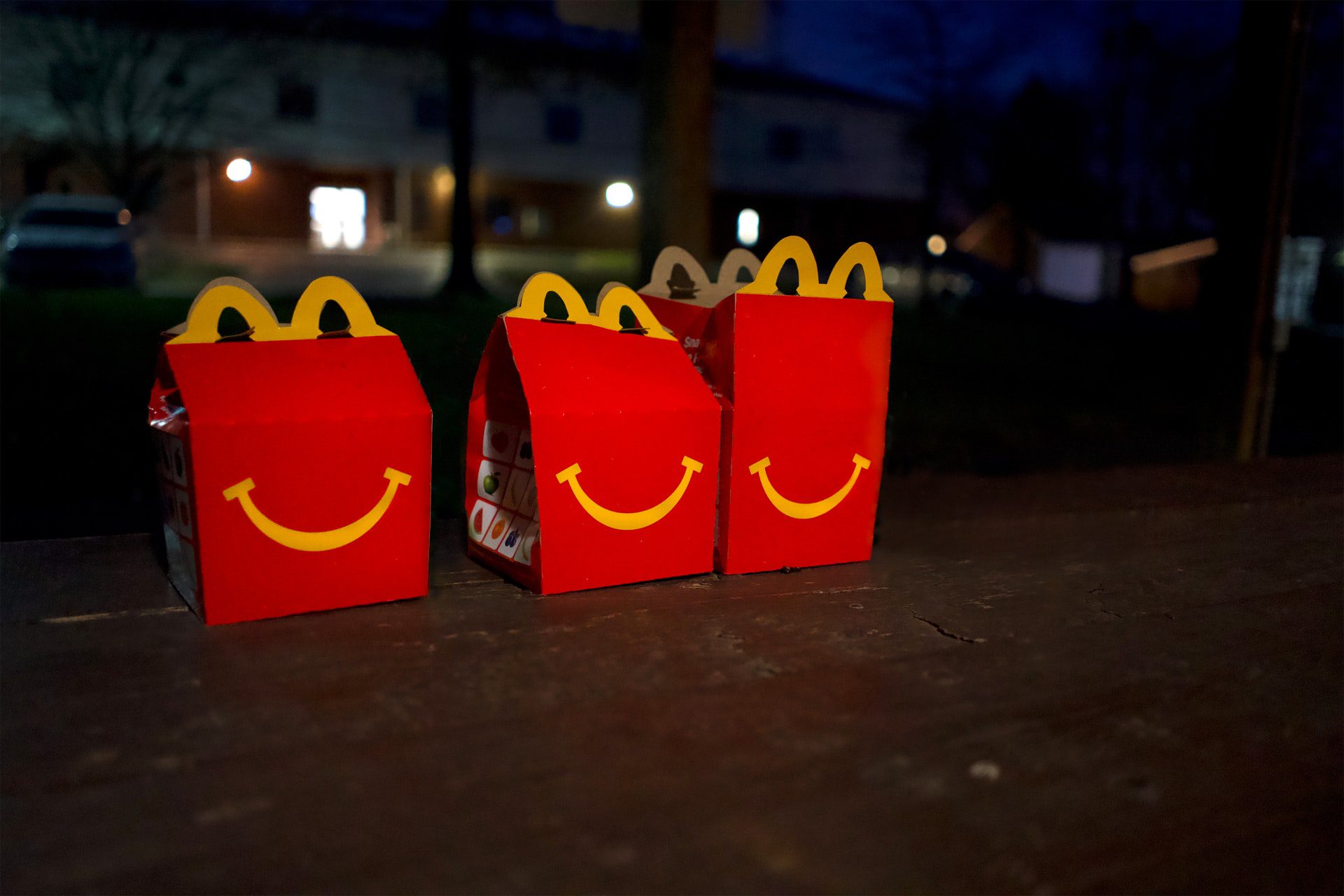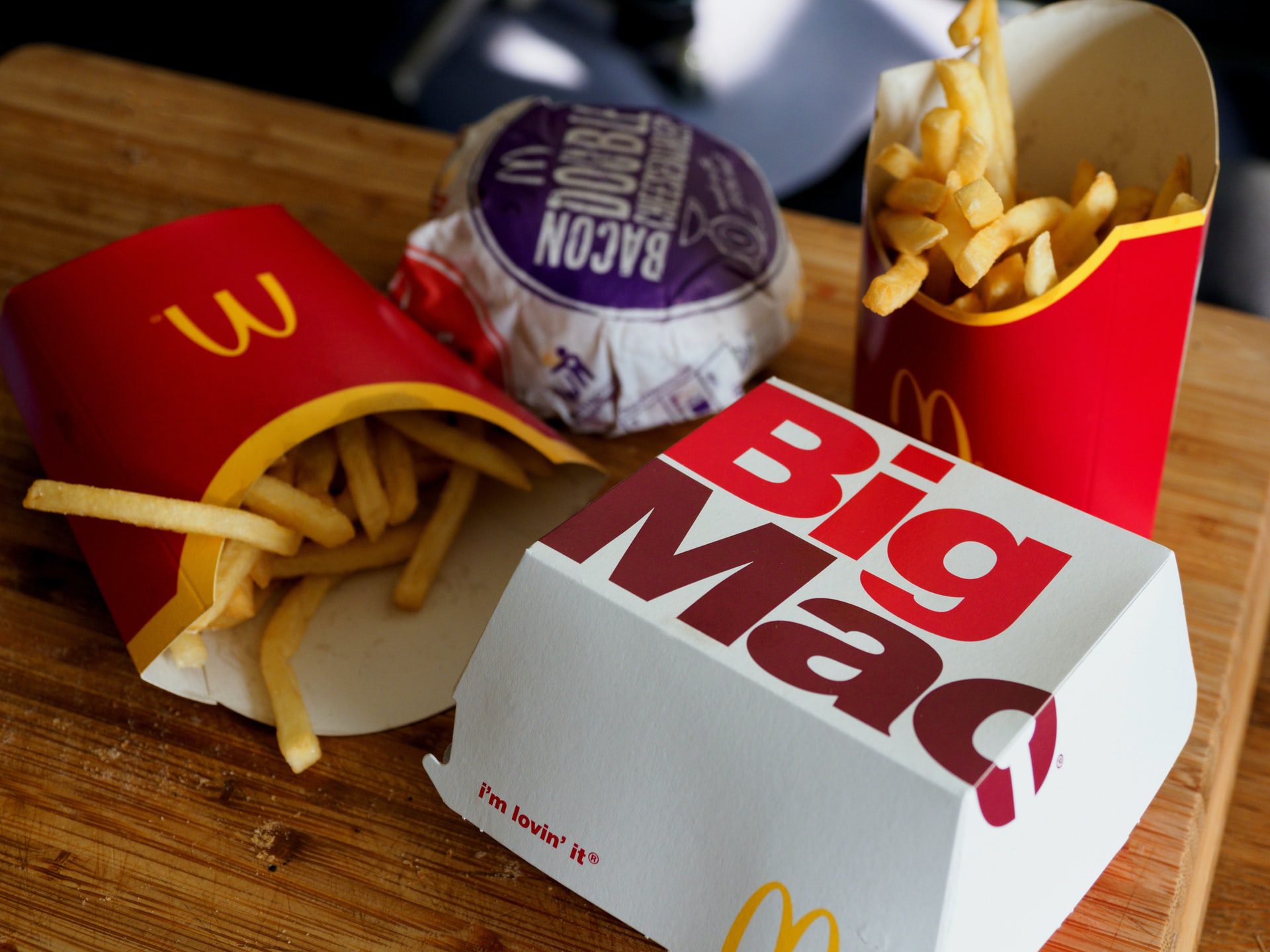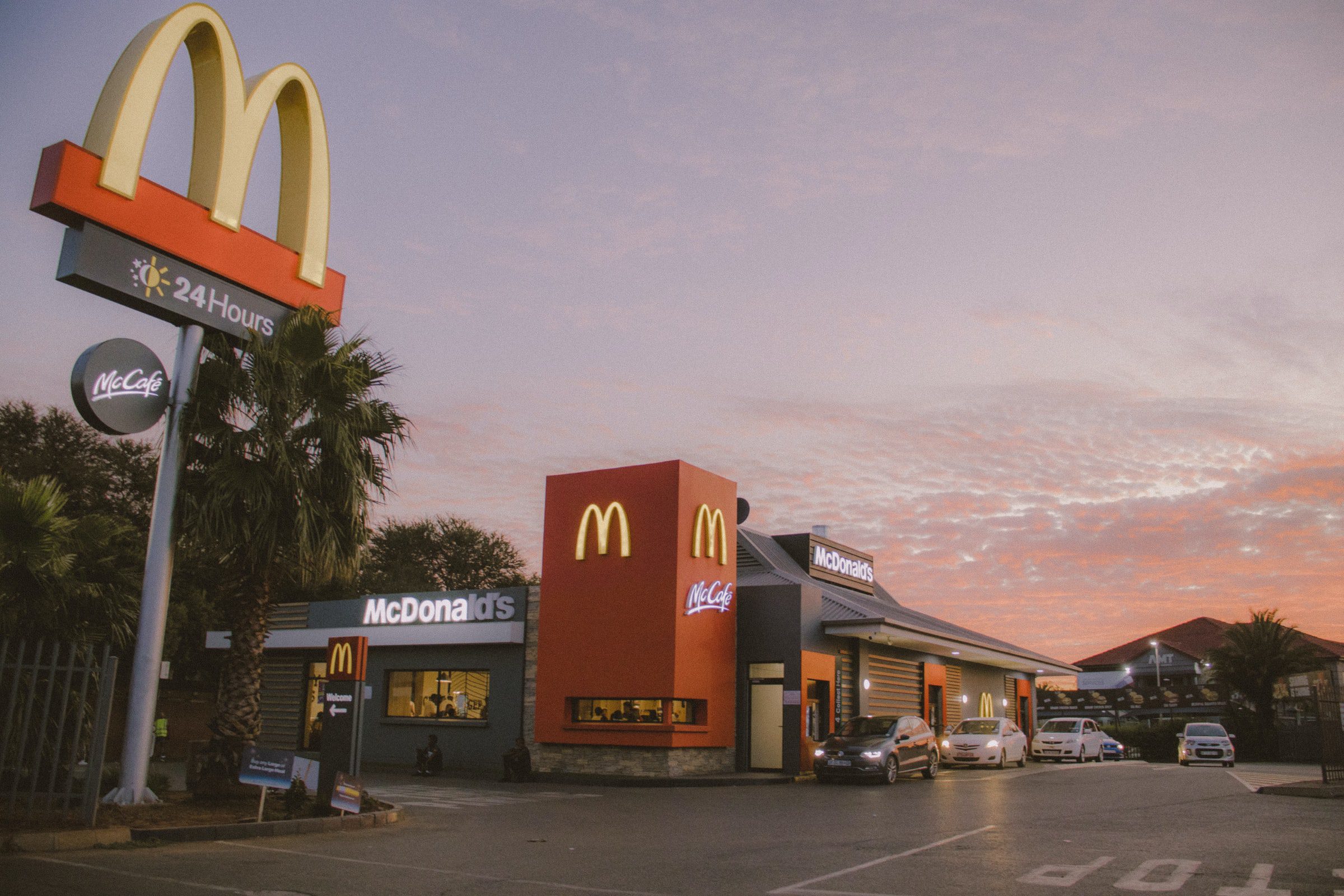Kids around the world might be big fans of McDonald’s Happy Meals, but environmentalists haven’t been “lovin’ it” because of the non-biodegradable plastic toys included with the meals. McDonald’s aims to change that by transitioning to more sustainable toys over the next few years.
In a Sept. 21 announcement, the fast-food giant said that by 2025, “every toy in every Happy Meal around the world” will be made from recycled plastic, renewable (plant-based) plastic, certified sustainable fiber, or some combination of those materials. The program should reduce the amount of virgin fossil fuel-based plastic by about 90% from a 2018 baseline, the company said.

Eco-friendly Happy Meal toys have already made their way into markets such as the UK, Ireland and France, resulting in a 30% reduction in virgin fossil fuel-based plastic use. Now McDonald’s wants to take the program worldwide.
“Our next generation of customers care deeply about protecting the planet and what we can do to help make our business more sustainable,” Chief Sustainability Officer Jenny McColloch said in a press release. “With this transition for our toys, we’re working closely with suppliers, families, and play experts and engineers to introduce more sustainable, innovative designs and help drive demand for recycled materials, to keep McDonald’s communities and beyond smiling for generations to come.”
The Happy Meal launched in 1979 and has since become the go-to order for kids across the globe. About 1 billion a year are sold in more than 100 countries, Forbes reported. Although the popular offering has been through numerous menu and ingredient changes through the years, this marks the first global environmental sustainability milestone for Happy Meal toys.
McDonald’s has come under increased public pressure in recent years to develop alternative toys. In 2019, a pair of sisters in the UK launched a petition asking McDonald’s and Burger King to not distribute plastic toys – an effort that resulted in more than half a million signatures.
McDonald’s lineup of new, more sustainable toys includes interactive games and 3D figurines made with recycled accessories. Transitioning to more sustainable toys could have a substantial impact, considering how many Happy Meals are sold each year.
It’s certainly happy news for opponents of non-biodegradable plastic, which continues to pile up all over the planet. According to the UN Environment Program (UNEP), about 1 million plastic drinking bottles are purchased every minute, while 5 trillion single-use plastic bags are used worldwide every year. Half of all plastic produced is designed to be used only once and then thrown away. About 300 million tons of plastic waste is produced every year – nearly equivalent to the weight of the entire human population.
McDonald’s isn’t the only iconic brand eyeing innovations to reduce plastic use. Coca-Cola is testing a new kind of container in Hungary for its Adez dairy-free beverage through a partnership with Paboco, a Danish startup. The container is a molded-paper bottle that can withstand water vapor and internal pressure from carbonation. Paboco also has partnered with the Absolut vodka brand and the Carlsberg beer brand to test fiber bottles.
The decision by McDonald’s to transition to more sustainable toys has been applauded by some environmental activists, but others say the company still has a ways to go to significantly reduce its carbon footprint.

Sharon Seah, a climate change researcher in the ASEAN Studies Centre at Singapore’s ISEAS-Yusof Ishak Institute, told Business Insider last month that while McDonald’s has made an “encouraging” move, it’s only “part of the story” regarding how big corporations can become more sustainable.
“Given that McDonald’s is one of the world’s largest franchising brands, more can be done in terms of other operations, like reducing their carbon footprint while moving products across supply chains,” Seah said.
Reducing the number of plastics in Happy Meals is merely “scratching the surface,” she added.





